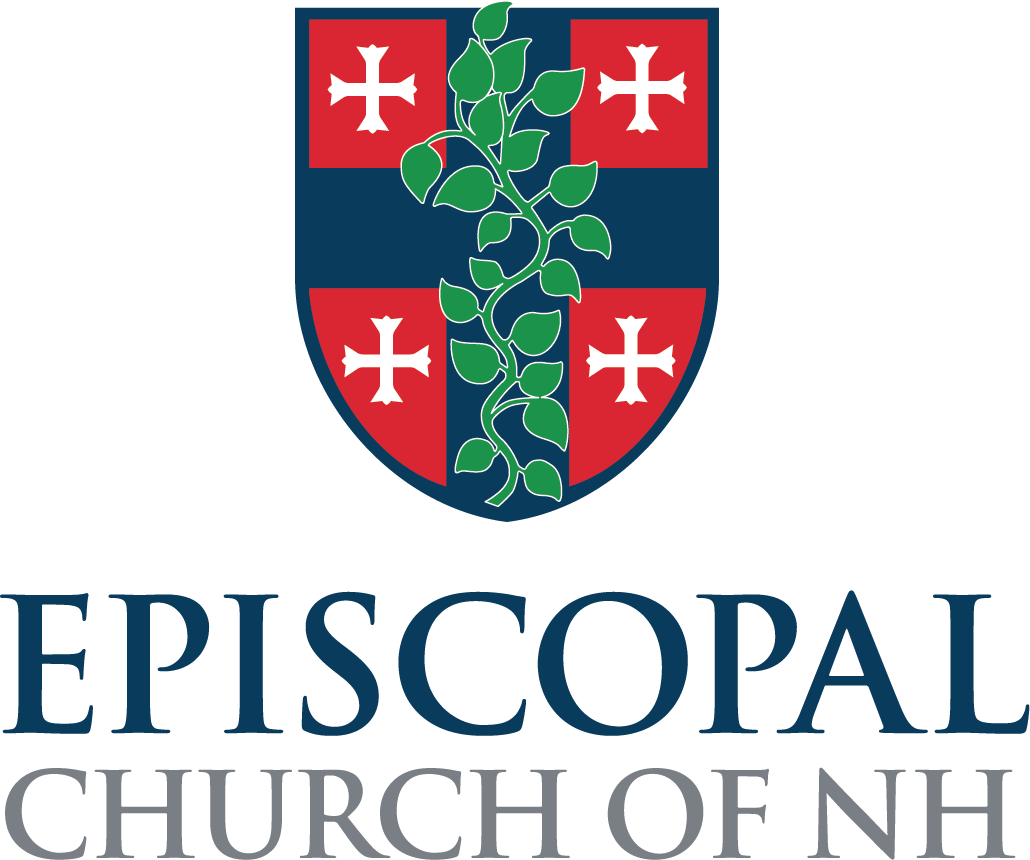Recognizing the changing needs of the state's congregations and evolving trends in vocations for ministry, the Episcopal Church of New Hampshire has announced it is creating a School for Ministry. Its curriculum and educational design will focus on the local and regional formation of priests and licensed lay ministers. The School for Ministry's teaching model will combine online, internet-based learning with monthly, weekend in-person classes and student meetings. The in-person portion of the program will be held at Trinity Episcopal Church in Tilton, NH.
The Rev. Kelly Sundberg Seaman, of Rumney, NH, has been appointed the School's Dean by Bishop A. Robert Hirschfeld. She began her duties December 1 and will lead in the development and launch of the School. Classes will begin in 2020.
The School for Ministry grows out of new realities for the church, the priesthood, and spiritual leadership. "Churches are increasingly moving to a 'bi-vocational' model for ministry," said Tina Pickering, Canon for Ministry Development in the Episcopal Church of New Hampshire. "This model involves the entire congregation, and even the larger community, in ministry rather than the traditional top-down approach of ministry exclusively through a full-time priest."
"In a bi-vocational setting the priest typically has a paid job and professional career outside the church. In addition, the bi-vocational model calls for lay leaders to play a larger role in leadership, service, and pastoral care within the congregation."
Life circumstances for local and bi-vocational candidates for the priesthood, as well as people called to become licensed lay ministers, often make it unrealistic to attend an out-of-state seminary or school of theology on a full time basis. "We saw that creating a New Hampshire-based school to meet the need in Northern New England was critical," added Pickering.
The Rev. Kelly Sundberg Seaman was ordained to the priesthood in December of 2015 and currently serves at Holy Spirit Episcopal Church in Plymouth, NH and St. Mark's Episcopal Church in Ashland, NH - roles she will continue to maintain. She also served as Episcopal Chaplain to Plymouth State University.
A university teacher and public affairs officer prior to answering the call to the priesthood, the Rev. Sundberg Seaman said, "Every strand of who I've been over the years is coming together as Dean of the School for Ministry. The bi-vocational trend is important for the Church to recognize. It's also important to realize that sometimes it's impossible for someone to put their life on hold and attend a distant seminary or theological school full-time. The School for Ministry will address a vital need."
"The enthusiastic response to the proposal that we create a School for Ministry in New Hampshire to train ordained and lay leaders has confirmed for me that this is a moment for the Holy Spirit," said Bishop A. Robert Hirschfeld. "Likewise, I am certain that the Rev. Kelly Sundberg Seaman is just the right choice as we establish the School. Her many gifts, including teaching, vigilance, leadership, and her pastor's heart, will help create a School for the Church of the present, and for the Church of the future."
The School for Ministry will deliver its classes using a low residency, flipped-classroom framework. Students will meet face-to-face one weekend per month at Trinity Episcopal Church in Tilton, NH. In between, students read, view videos, follow online study guides, and complete assignments on their own - and based on their individual schedules. The Rev. Sundberg Seaman also attended a low-residency program to prepare for the priesthood - offered by the Church Divinity School of the Pacific in Berkley, CA.
Much of the content of the curriculum will be available to the School for Ministry through the Diocese of New Hampshire's partnership with the Iona Collaborative, a ministry of the Seminary of the Southwest that includes 24 dioceses throughout the Episcopal Church. The Collaborative is dedicated to providing theological education for individuals who cannot, or chose not to, attend a conventional residential seminary.
"As part of the Iona Collaborative network, the School for Ministry will offer tremendous opportunities for learning, worship, experimentation, and development, added Sundberg Seaman. "From the start, we're building the School with locally and regionally-based and bi-vocational callings in mind. I'm very excited because the low-residency model is a great way to educate and train priests."
The Rev. Sundberg Seaman's initial priorities include preparing Trinity Episcopal Church's space for monthly in-person student learning, working with the Episcopal Church's various discernment processes to develop enrollment, and creating plans for the long-term financial sustainability of the School.
The School's curriculum will offer three general areas of study - Bible, church history, and theology and ethics - and will be flexible to meet student needs. According to Sundberg Seaman, in spring of 2020 the School for Ministry is planning to offer a "taster course" or two - a sample of what's to come with special, tuition-free class offerings. A full launch of the School of Ministry is planned for fall of 2020.


